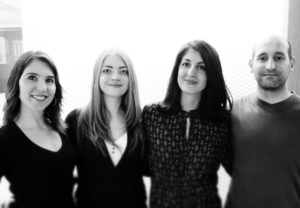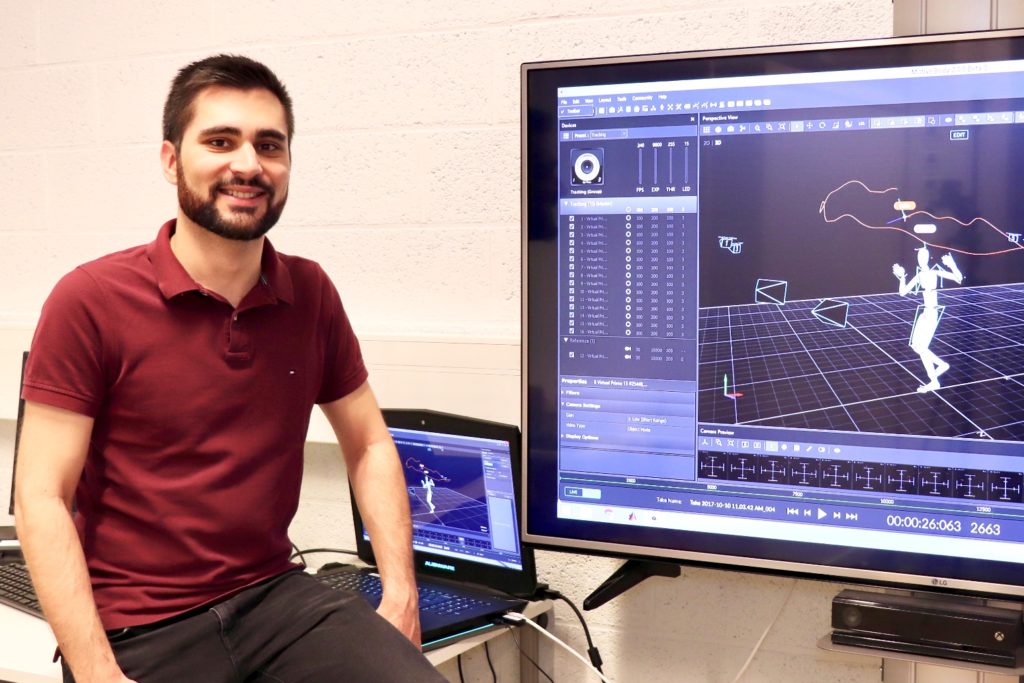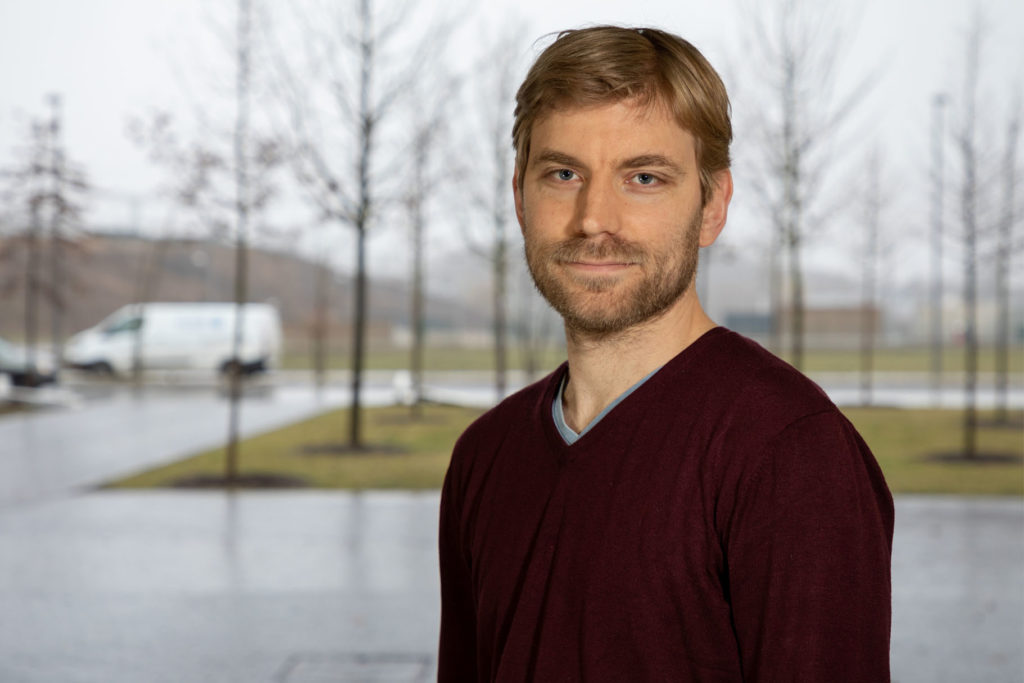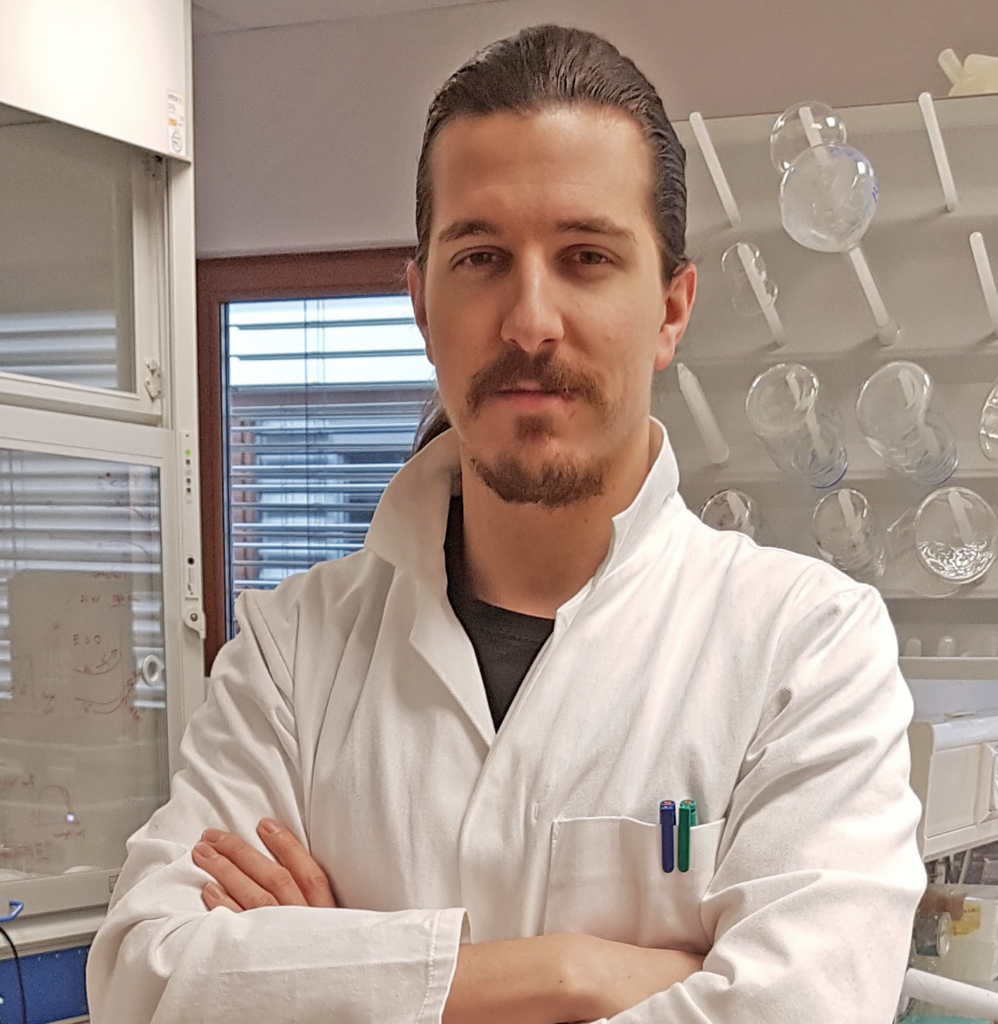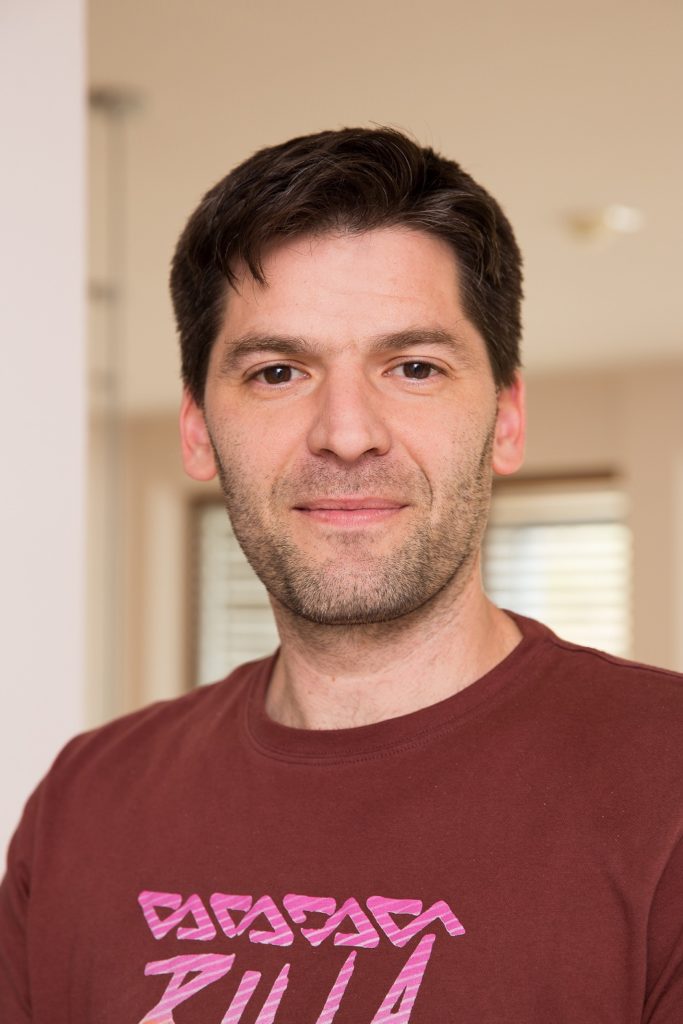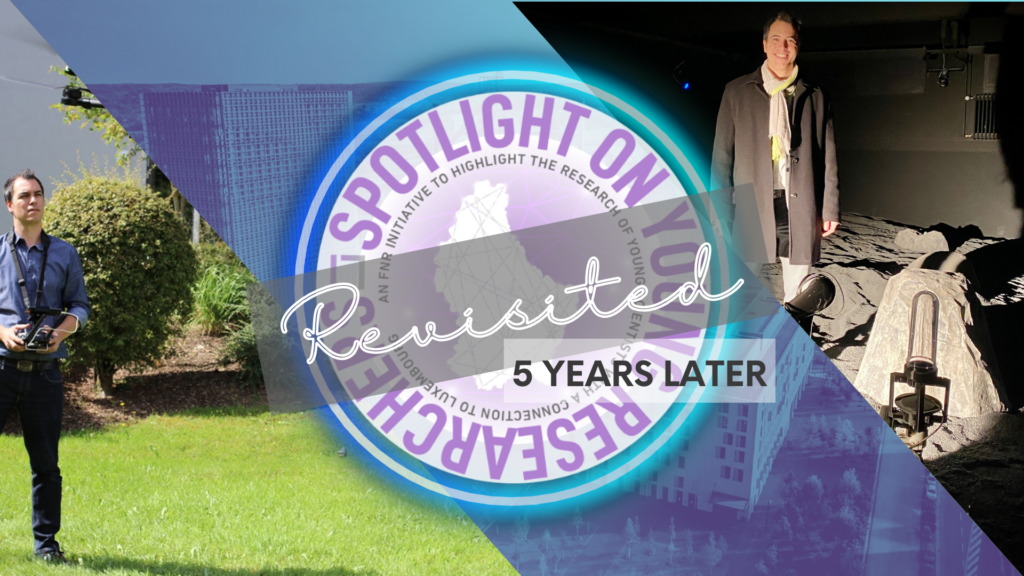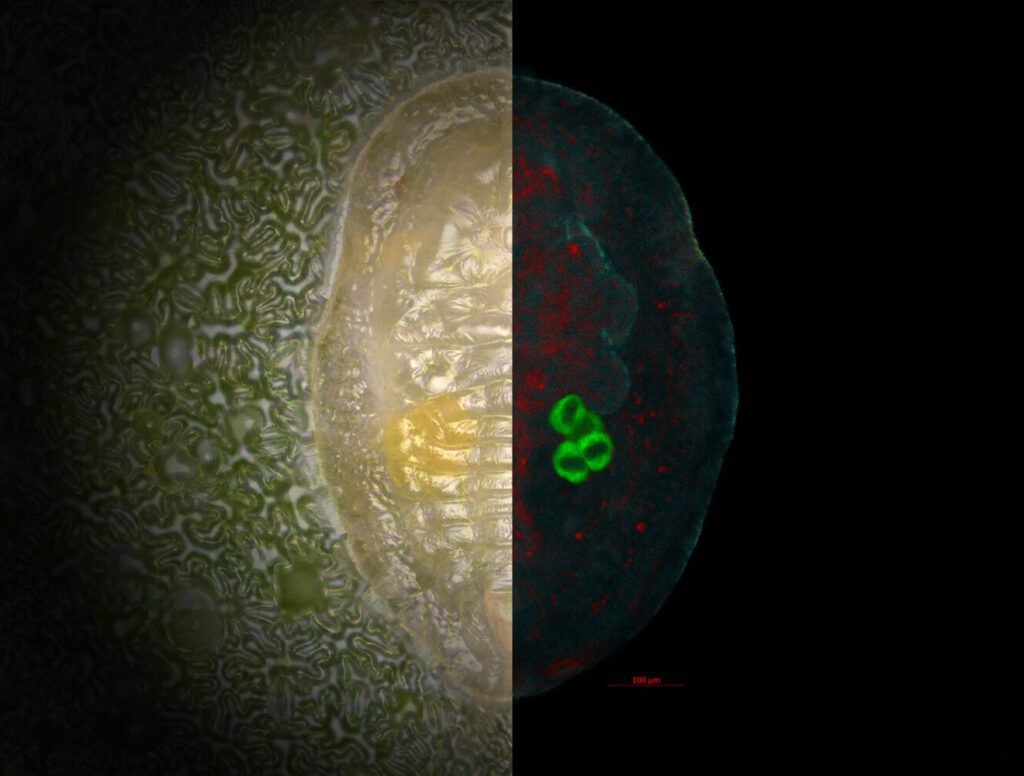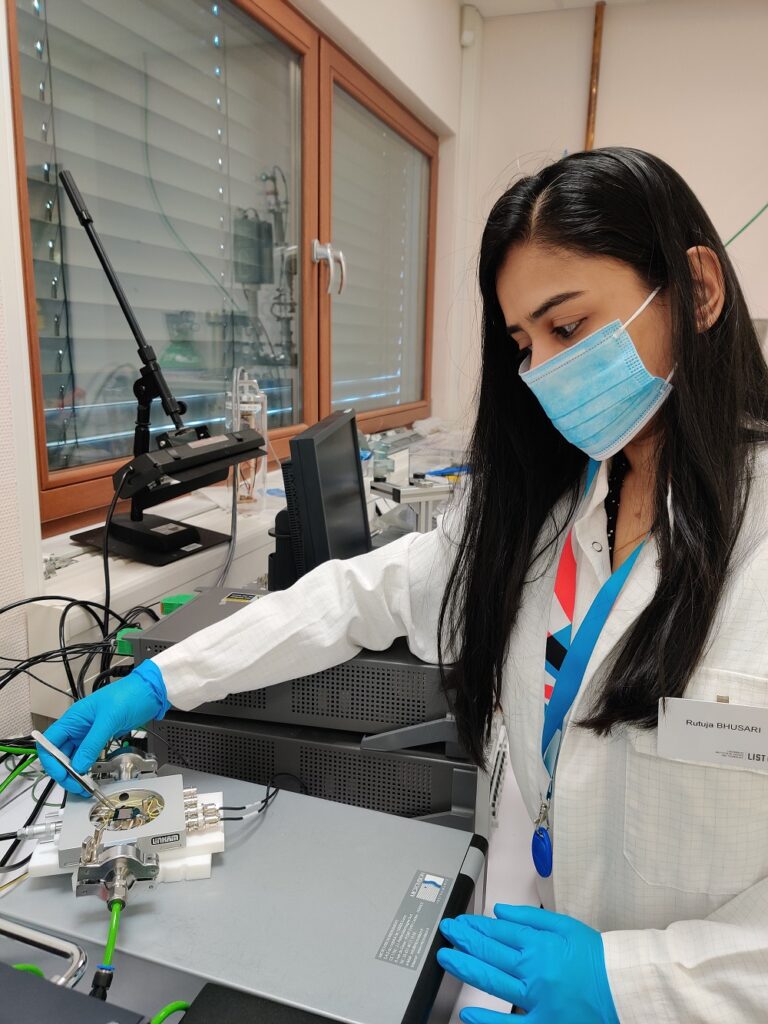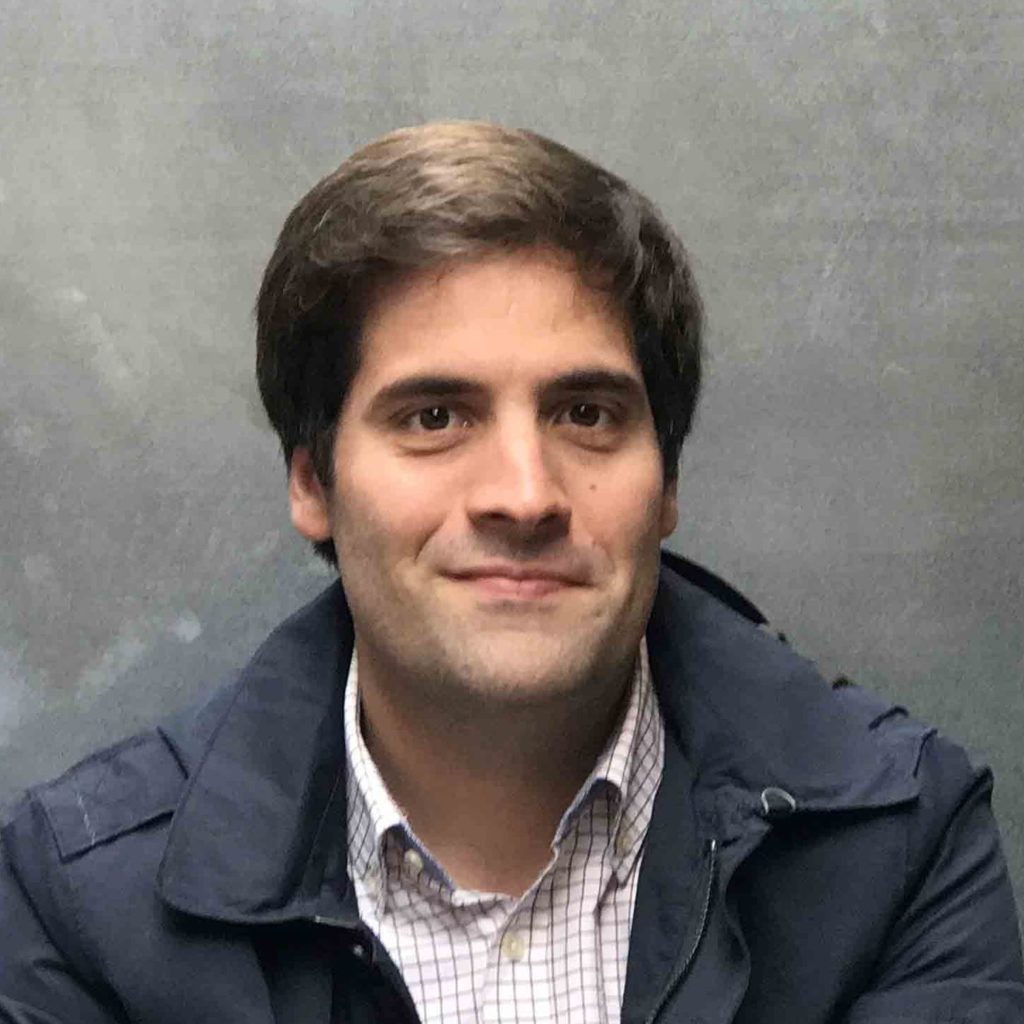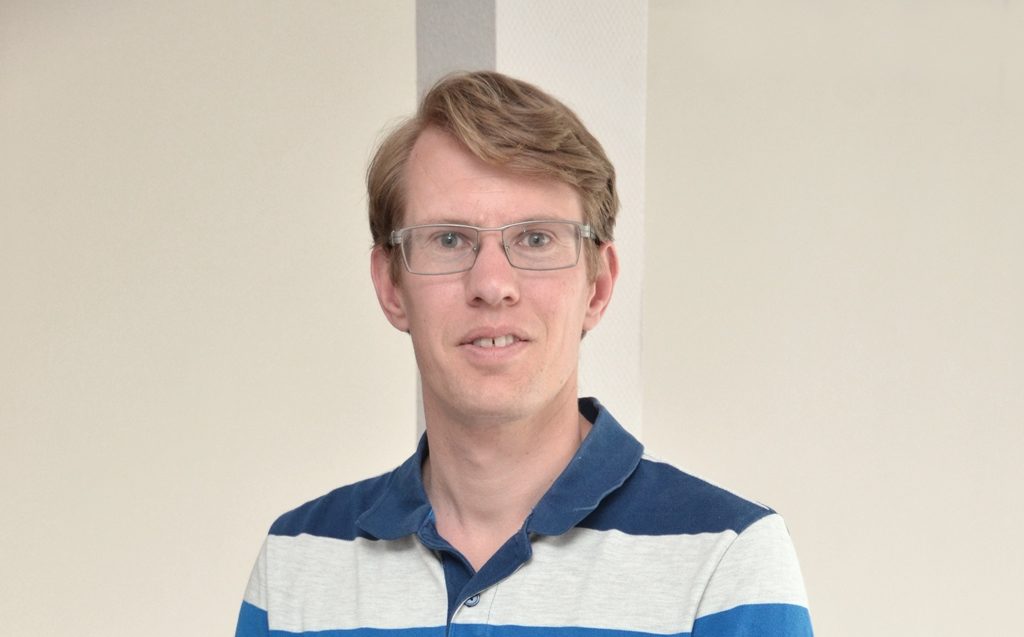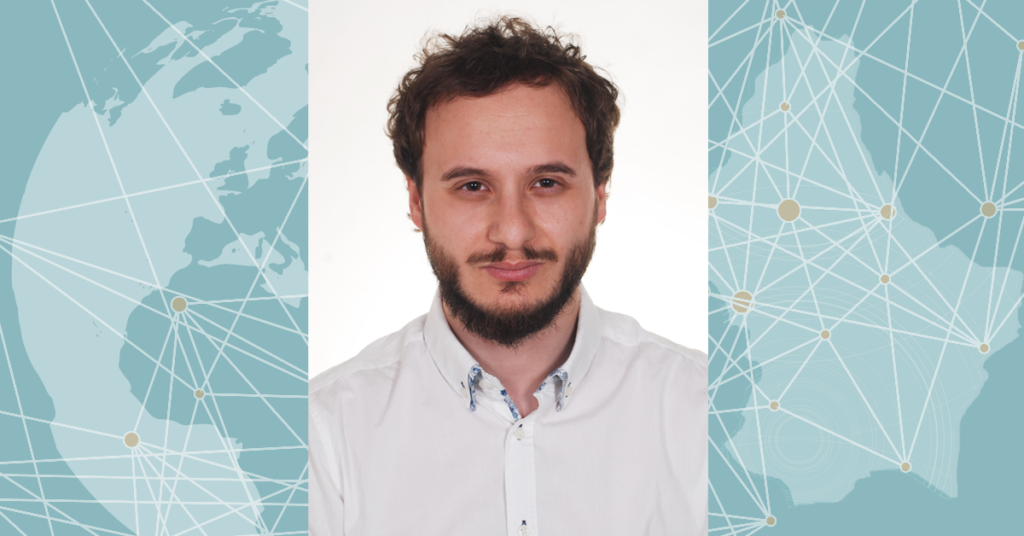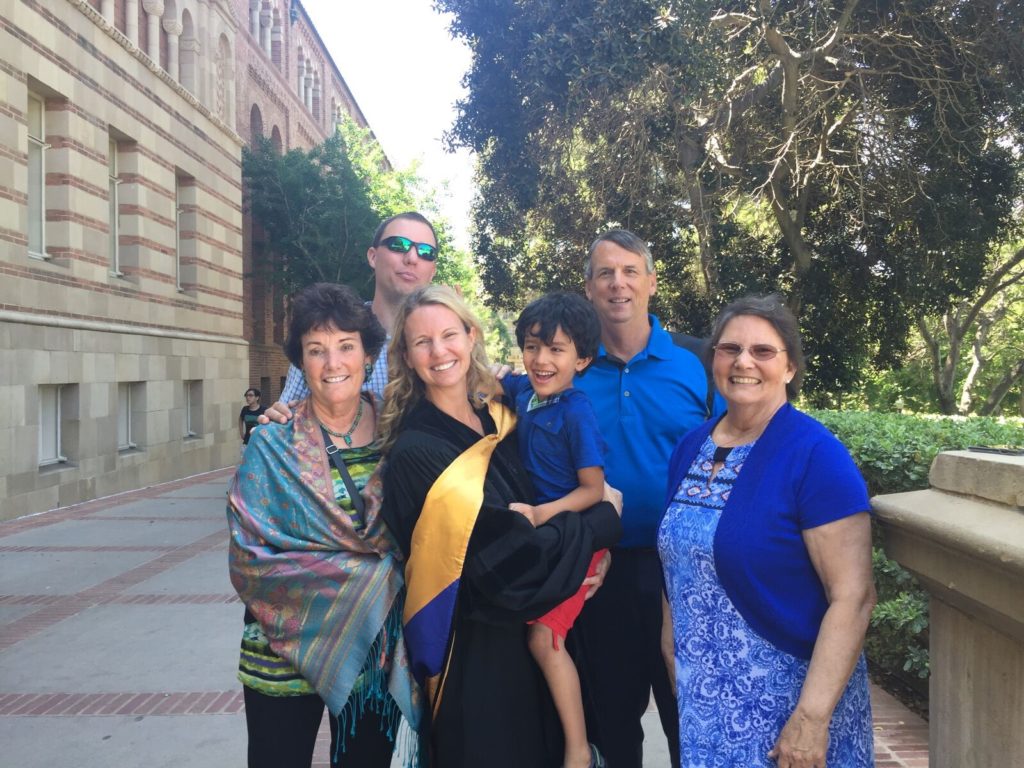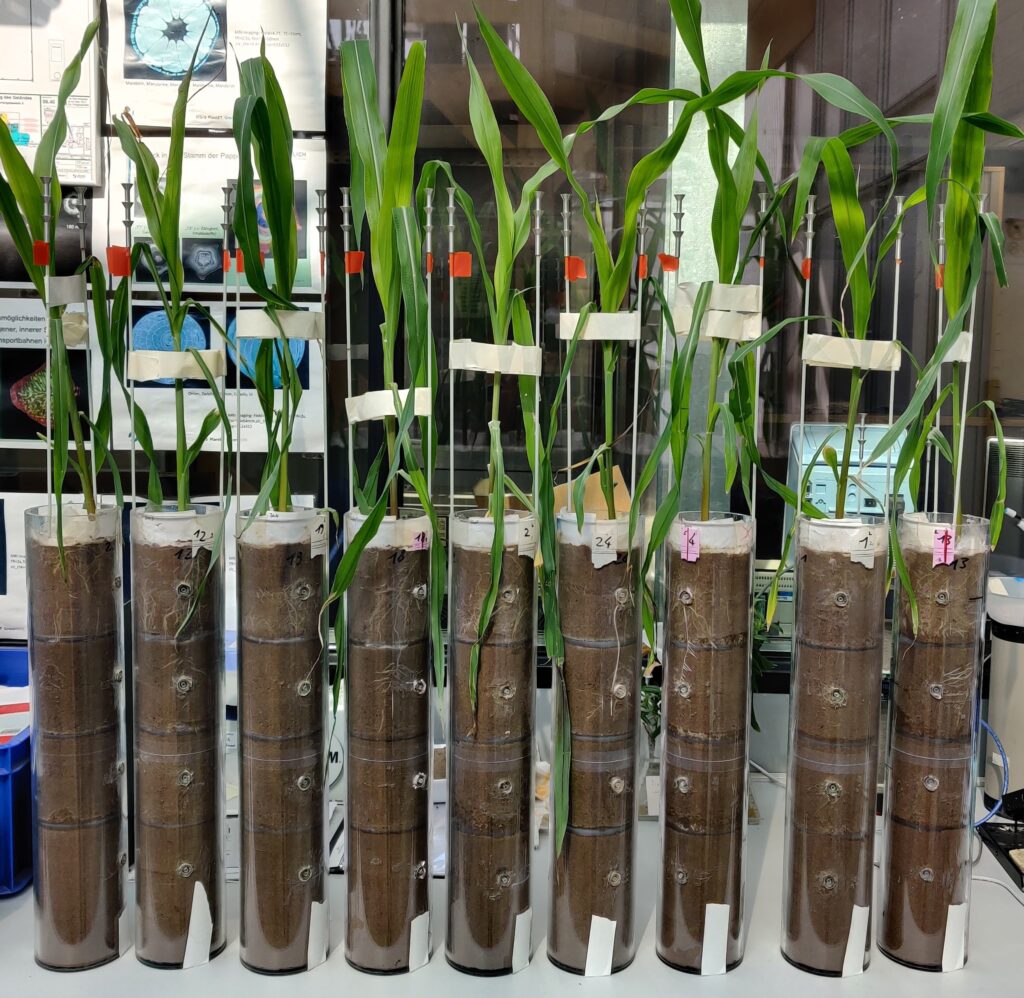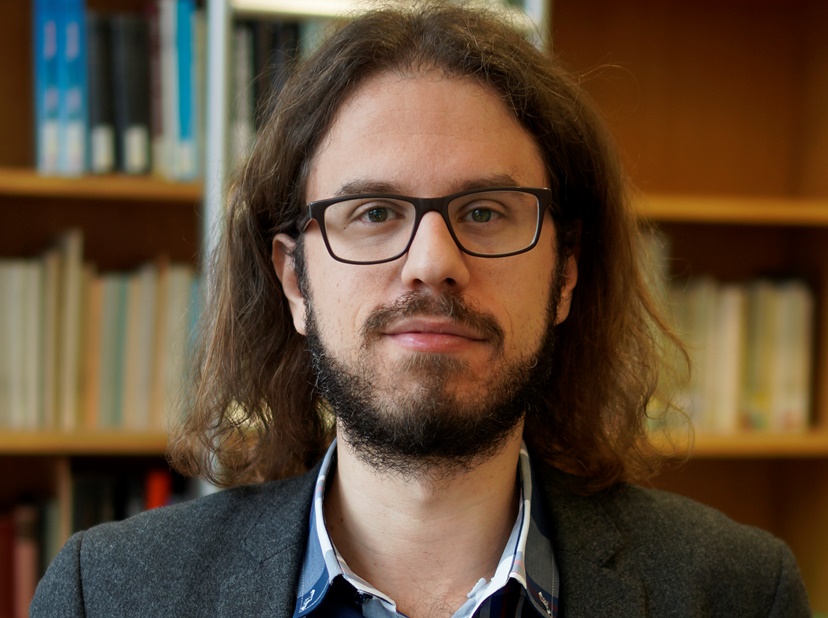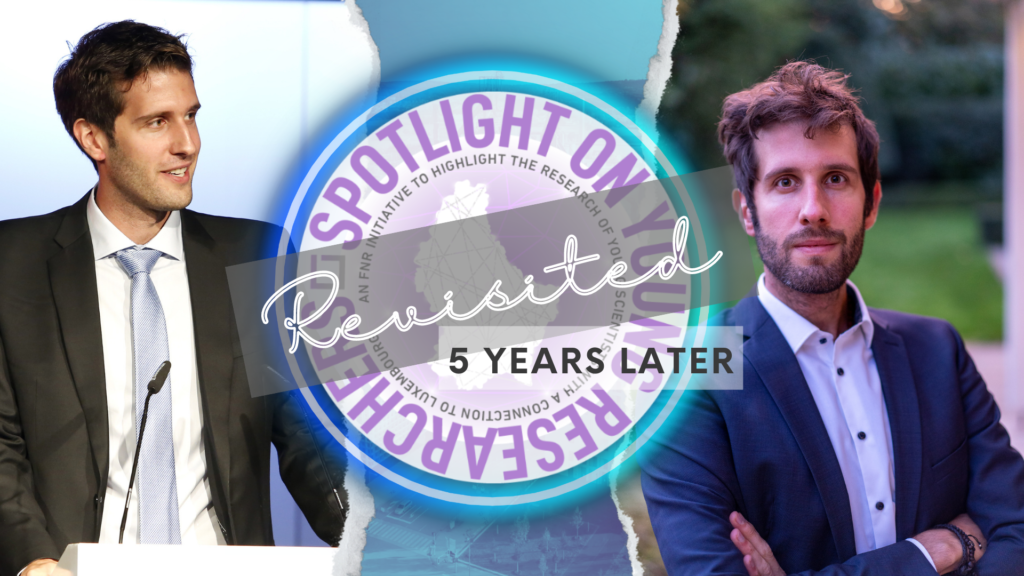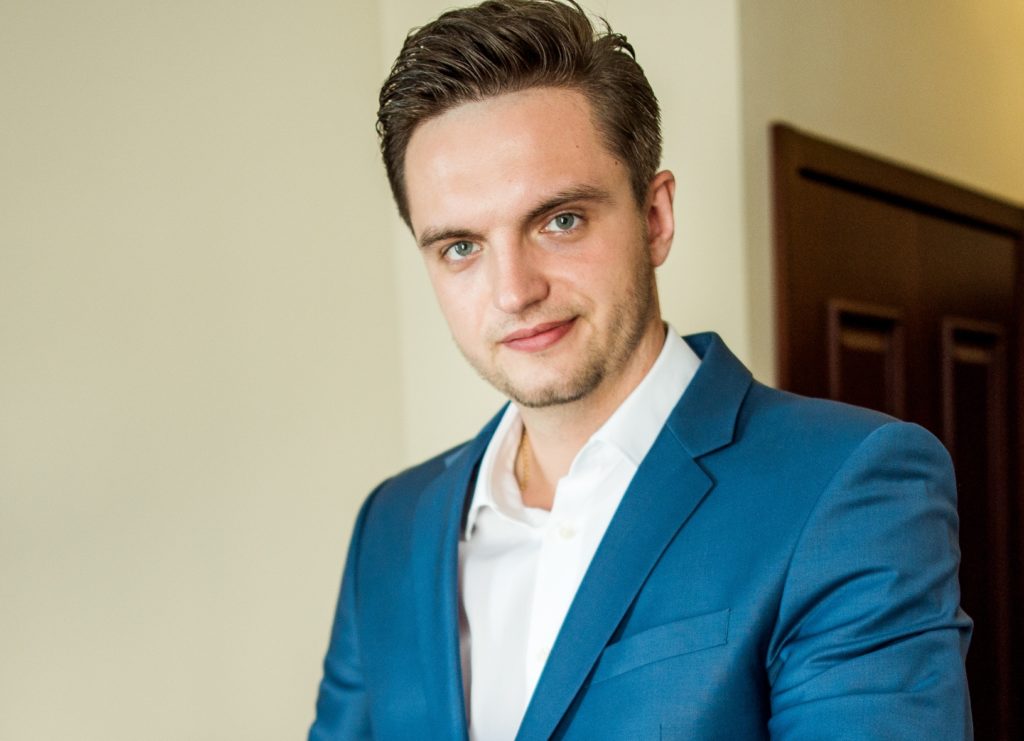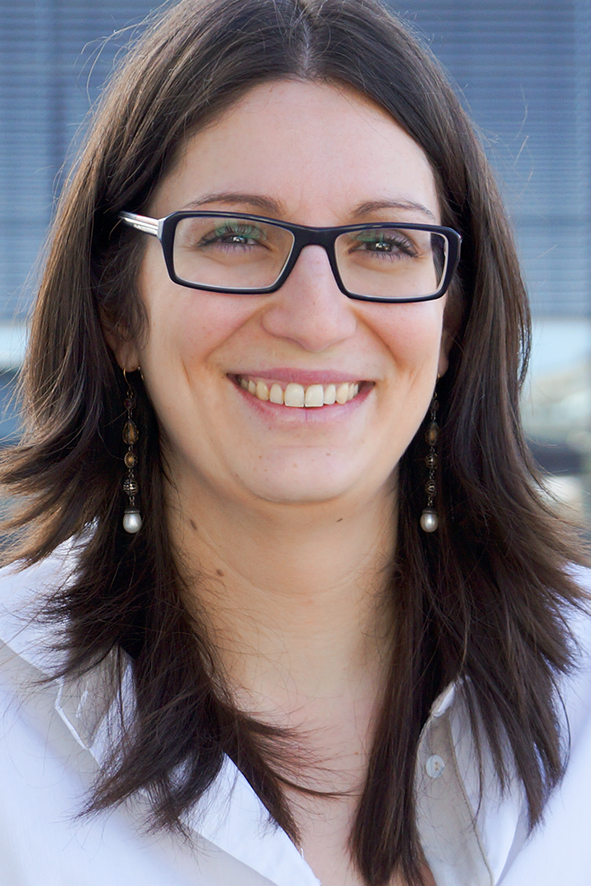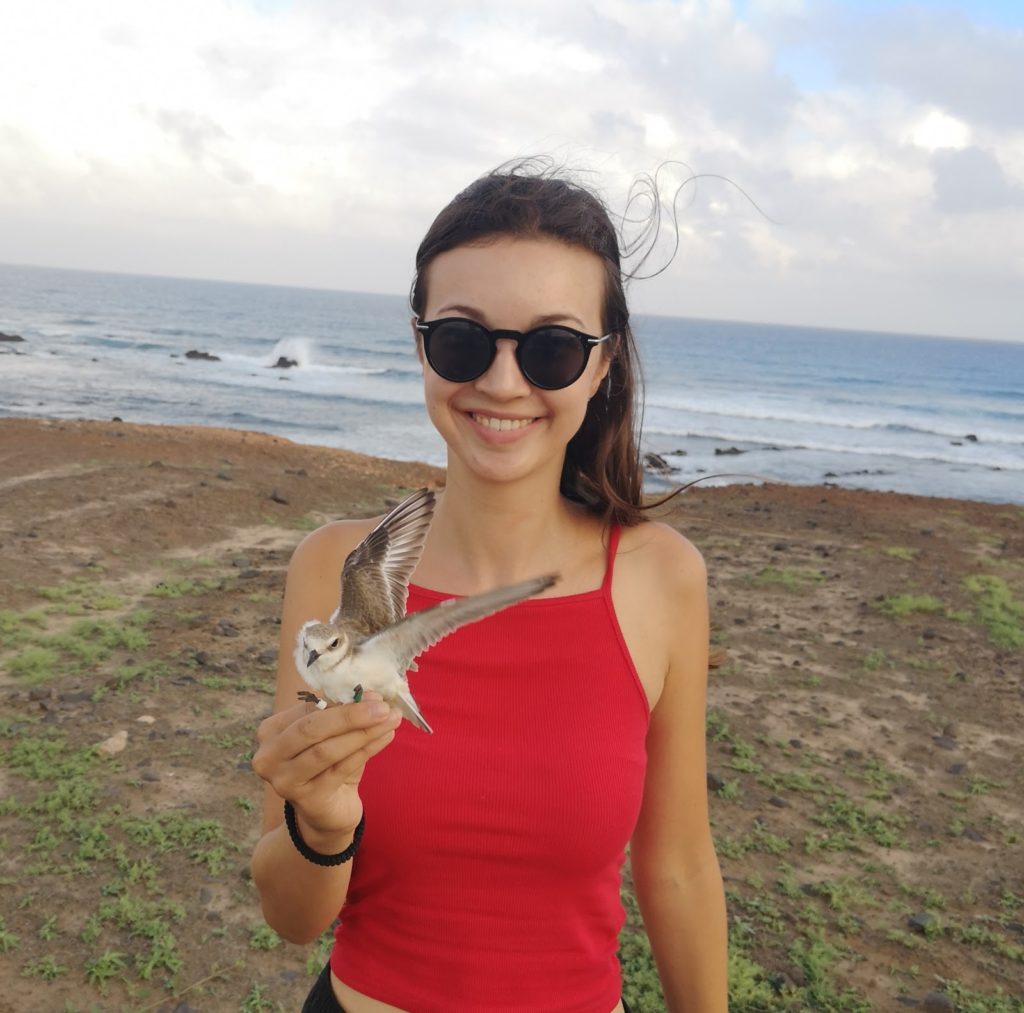What do a French, a Spanish, a Brazilian and an Algerian researcher have in common? In the case of Adeline Boileau, Antonio Salgado Somoza, Clarissa P. C. Gomes and Torkia Lalem, it’s that they are all early-career researchers who came to Luxembourg to join forces in the Cardiovascular Research Unit (CVRU) at the Luxembourg Institute of Health (LIH), which aims to identify new personalised strategies to diagnose and treat cardiovascular disease.
Cardiovascular disease is the main cause of mortality and morbidity worldwide. Despite advances in technology, a lack of diagnostic tools and effective treatments remains. As part of their work in the CVRU, PhD candidates Adeline and Torkia, as well as Postdocs Antonio and Clarissa, aim to understand the role of RNA molecules – particularly non-coding RNAs – in some cardiovascular diseases, including heart attack, heart failure, cardiac arrest and thoracic aortic aneurysm.
The team explains that these molecules can be used to diagnose disease and predict what might happen to patients, and in doing so helping doctors to tailor treatment to the patient, decreasing burden and optimising resources. The team’s goal is to develop biomarkers and to translate research products into clinical applications.
“Working with long non-coding RNAs makes one realise how little we know about how our body works”, Antonio says about their research, adding: “Indeed, we are contributing to break the central dogma about RNA being only a messenger molecule to place it as a central player of the regulation inside cells and as a vehicle of communication among different cell types throughout the body”.
In addition to their research responsibilities, the CVRU also runs the CardiolincTM network – an international network which aims to advance the understanding of the role long non-coding RNAs play in cardiovascular disease through serving as a platform to provide opportunities for scientific collaboration. Postdoc Clarissa coordinates this international network, which gathers more than 60 research groups and industries worldwide – she explains that:
“It’s been both challenging and very exciting. I get to know people who wrote some of my favourite papers that I never thought I would meet and, most importantly, I’m able to facilitate and initiate collaborations to advance research.”
“Luxembourg encourages young researchers and welcomes any will for innovation and creativity”
Over 80% of scientists in Luxembourg are non-Luxembourgers. This is also the case for Adeline, Antonio, Clarissa and Torkia, who all came to Luxembourg to take on research into cardiovascular disease – Torkia Lalem points out that there are no less than 9 different nationalities in the CVRU for a staff of 15 people – a true international mix.
“Why Luxembourg?”, we asked the four early-career scientists:
“I came to Luxembourg due to an opportunity to achieve more than one of my goals as a scientist: do translational research (develop a kit with direct impact to patients) and communicate science”, Clarissa P. C. Gomes says, adding: “I felt Luxembourg was attractive to work and live because of its encouraging research policies and international culture, an opinion that has been confirmed since I arrived.”
“I wanted to work in the cardiovascular field and Luxembourg offered this great opportunity”, says Adeline, who came to Luxembourg via the FNR AFR programme, which also provides PhD grants to non-Luxembourgers providing they carry out their PhD project in the Grand Duchy.
Even though Luxembourg’s research environment is young, it made an instant impression on the early-career scientists in the CVRU: “I was impressed by how such a small country could have such high impact research”, Antonio says, pointing out that the country’s location is an advantage in itself: “Its location in the heart of Europe is an asset and the need for researchers to develop international collaborations is attractive for young researchers who aim to increase their networks. The great facilities and grant schemes that support research and allow for career development are the icing on the cake.”
“Luxembourg encourages young researchers and welcomes any will for innovation and creativity”, adds Torkia, who is in the 2nd year of her PhD, making her – researcher-wise— the youngest of the four CVRU researchers. Despite having only just embarked on her researcher journey, Torkia already appreciates the importance of promoting research to youngsters – both she and Adeline have already taken part in the FNR activity Chercheurs à l’école.
Let’s take a closer look at some of the team members, why they became scientists, find out about their work in the CVRU and what they hope to achieve in their careers:
Adeline Boileau, 3rd year PhD
Nationality: French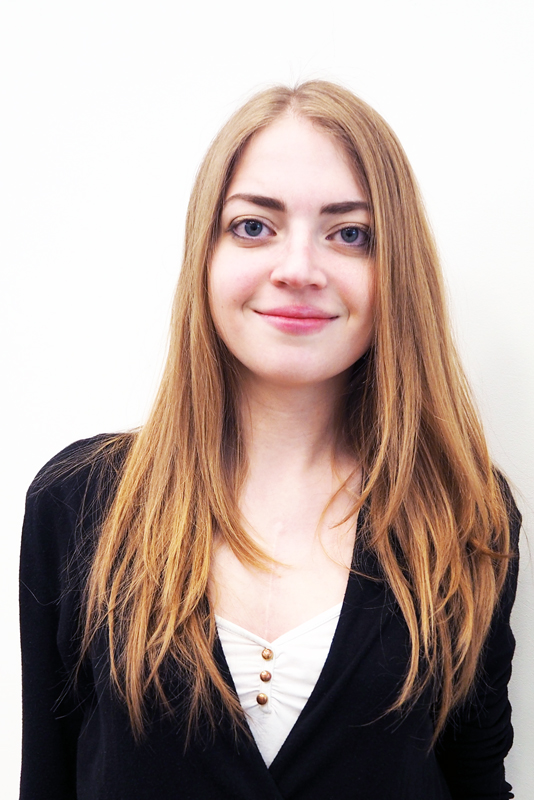
Research funded by: FNR AFR grant
Why did you become a researcher?
“I was born with a heart defect and have always been interested in the cardiovascular field, wishing to work in this area to understand the pathogenesis of cardiovascular diseases and contribute with better diagnostics and treatment. Something unique I bring to my research is that, as a patient, I have a clear idea of the patient’s life quality and needs.”
What do you do in the CVRU?
“My work is to explore how microRNAs (small non-coding RNAs) are able to modulate their target gene expression and the link with thoracic aortic aneurysm, a located dilatation of the weakened aortic wall.
I also work on the search for biomarkers in other cardiovascular disease, including myocardial infarction and heart failure.”
What does a typical day for you look like?
“Developing a PhD is everything but a routine job. It involves different tasks, including designing and conducting experiments, analysing results, reading and writing scientific papers or grant applications and presenting results. It’s great to work in a friendly environment, where interactions with my colleagues and my supervisor allow for enriching exchanges and knowledge transfer.”
What would you like to achieve during your career as a researcher?
“My main aim as researcher is to participate in a discovery that will really improve patients’ quality of life, or even save lives. I would also like to be involved in the understanding of biological mechanisms that are still misunderstood or to help elucidate the causes of rare diseases.”
Antonio Salgado Somoza, Postdoc
Nationality: Spanish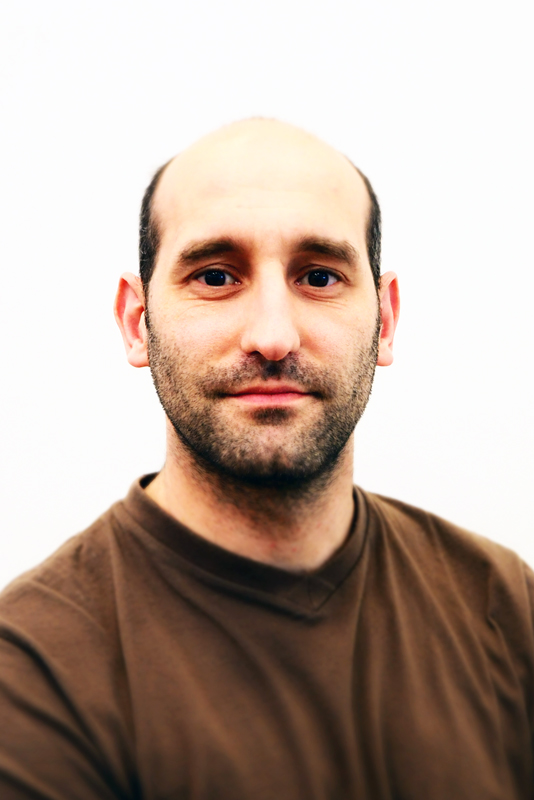
Research funded by: FNR CORE grant
Why did you become a researcher?
“I believe it was because of my extremely curious nature that, combined with an affinity for problem solving, makes the perfect cocktail. So I decided to study Biology and specialized in Molecular Medicine, particularly translational cardiology. I moved to Maastricht to learn more about microRNAs and came to Luxembourg because of an opportunity to combine both areas of expertise.”
What do you do in the CVRU?
“My research is mainly determining if microRNAs can be used to predict patient outcome after cardiac arrest. We also obtained interesting results with long circular RNAs as predictors of a harmful remodelling of the heart after myocardial infarction. We hope that understanding RNA fluctuations in the blood will aid clinicians personalize treatment to patients.”
What does a typical day for you look like?
“As a postdoc, I work less in the lab and more at the computer, researching information, writing, analysing results and doing management tasks. Our group is lucky to have great technicians, who conduct most of the experiments. But to keep them busy, it takes much effort and planning. I’m continuously discussing with colleagues about experimental design or helping the young fellows.”
What would you like to achieve during your career as a researcher?
“I think the most important thing a researcher can ask for is that his/her research becomes somehow meaningful for society. That is what I love about translational research: these kinds of projects allow you to see the application of your discoveries in a relatively short term.”
Clarissa Pedrosa da C. Gomes, Postdoc
Nationality: Brazilian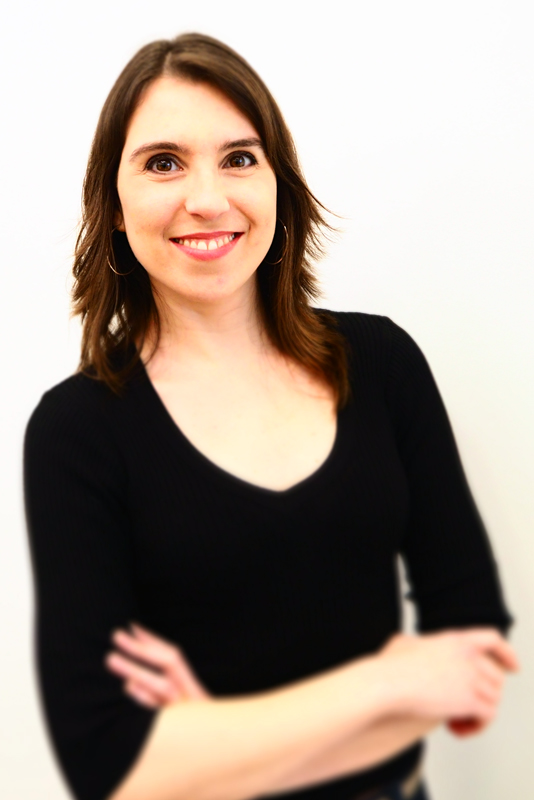
Research funded by: Eurostars E! 9686 MIPROG project
Why did you become a researcher?
“I have always been curious and eager to learn about new things. Despite studying filmmaking for a while, I couldn’t take my mind off the latest scientific breakthroughs, especially molecular biology. So I decided the best way to satiate my curiosity was to become a researcher. It’s a diverse and exciting field, full of novelty and interesting people.”
What do you do in the CVRU?
“My research involves developing a test based on microRNAs to assess the risk of patients —who suffered a heart attack— to develop life threatening heart failure. I also coordinate the CardiolincTM network and disseminate the group’s activities by writing science communication texts and helping organize events, such as the ‘World Heart Day’.”
What does a typical day for you look like?
“My days generally consist in a lot of reading, researching various information, writing (scientific papers, grant applications, dissemination texts…), coordinating CardiolincTM and analysing results. I also do experiments, but usually count on the help of our group technicians. I love this diversity of tasks because it allows me to experience all dimensions of research.”
What would you like to achieve during your career as a researcher?
“I wish to contribute to advance my research field and improve human health. Another goal is to inspire young people to study science by breaking down academic and cultural barriers. I also think it’s paramount to educate the general public about how science works and to translate applied research into terms that are accessible to everyone.”
Torkia Lalem, 2nd year PhD
Nationality: Algerian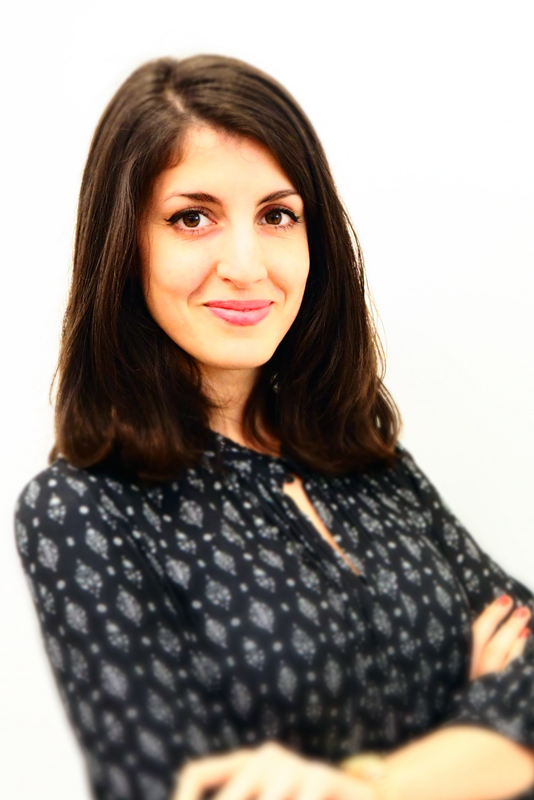
Research funded jointly by: Luxembourg Ministry of Higher Education and Research and the Luxembourg Society for Research on Cardiovascular Diseases
Why did you become a researcher?
“I always wanted to become a researcher due to the originality of the work, the fact that I make discoveries (even small ones) and the feeling that I can contribute to improve patient’s life and well-being. I also like to participate in international congresses and science dissemination.”
What do you do in the CVRU?
“I study the role of a long non-coding RNA in the development of heart failure in order to validate it as a new therapeutic target against this disease and as a biomarker to predict its development.”
What does a typical day for you look like?
“My typical day is shared between the bench, performing experiments, and my desk, reading papers, writing publications and analysing my experiment results. My day can also include meetings with my team to discuss any issue that may come up. In addition, I am supervising the work of a master student. No room for boredom!!!”
What would you like to achieve during your career as a researcher?
“I would like to continue searching for new biomarkers to predict the development of cardiovascular disease. I would also like to concretize the new discoveries and translate them into commonly used tools by commercializing tests to detect disease.”
Published 18 May 2017
About Spotlight on Young Researchers
Spotlight on Young Researchers is an FNR initiative to highlight early career researchers across the world who have a connection to Luxembourg. This article is the 11th in a series of around 25 articles, which will be published on a weekly basis. You can see more articles below as and when they are published.


